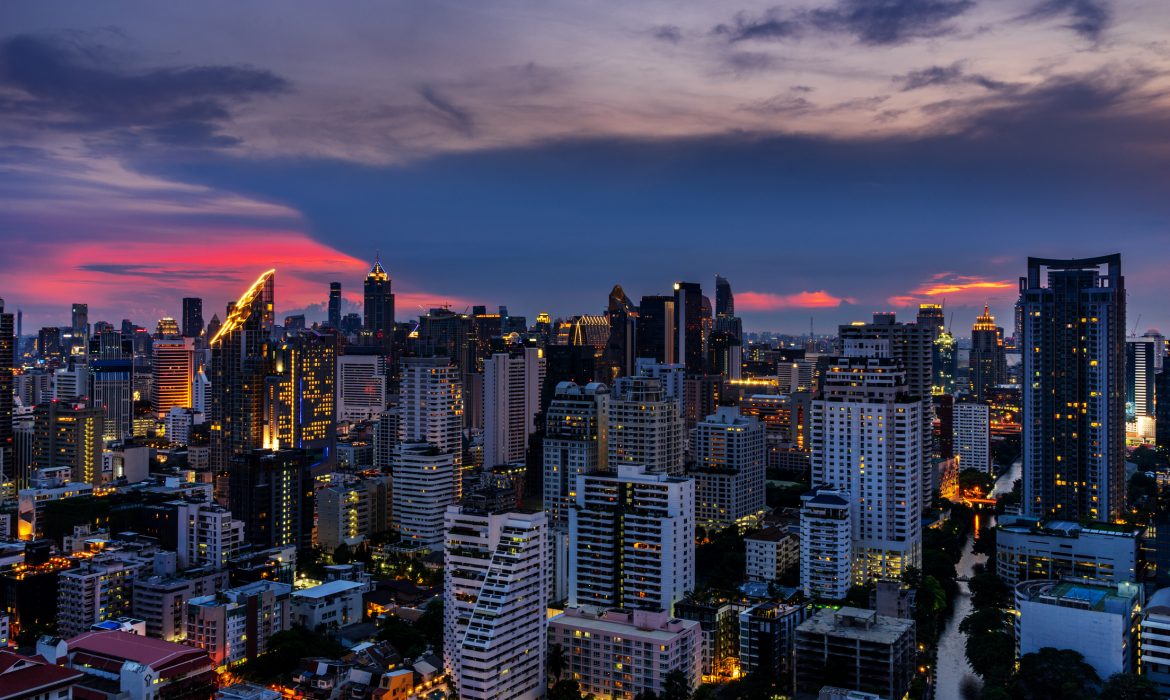CAPE TOWN, Sept 17 (Reuters) – South Africa’s pandemic-battered tourism sector on Thursday welcomed a government decision to allow international travel from Oct. 1 but officials worried restrictions on key markets facing high infection rates could curtail any recovery.
President Cyril Ramaphosa on Wednesday eased lockdown restrictions, among the world’s strictest at the height of South Africa’s outbreak, in a bid to revive the economy.
Uncertainty over still unpublished travel regulations however, is tempering hopes of a quick recovery for the tourism sector, which contributes nearly 9% of GDP but has been devastated by massive job losses and business closures.
“If we do not allow (people from) certain countries to travel (here) there has to be a proper scientific, statistical explanation and modelling. This can become a PR nightmare,” Tshifhiwa Tshivhengwa, CEO of Tourism Business Council South Africa, told Reuters.
Travellers to South Africa, a long-haul destination popular for its pristine beaches and safari tours, will need to show a negative COVID-19 test result not older than 72 hours on arrival or stay in mandatory quarantine at their own cost.
Travel from countries with high infection rates, meanwhile, may be restricted, Ramaphosa said in his announcement.
Last year, South Africa welcomed over 10 million foreign visitors. The top 10 source markets, which accounted for 73% of international arrivals, include current COVID-19 hotspots like the United States, United Kingdom, India and Brazil.
It is unclear when the new regulations will be published or what criteria authorities will use to determine whether countries will be subject to restrictions.
“The devil is in the detail,” said David Maynier, the provincial finance minister of Western Cape, a tourist hub home to attractions including Table Mountain and Robben Island, the former prison where anti-apartheid icon Nelson Mandela spent decades of hard labour.
The Airlines Association of Southern Africa (AASA) said authorities should move to accommodate business and leisure travellers and remove barriers to entry such as visas and quarantine.
“We cannot afford to have requirements that deter travel,” said Chris Zweigenthal, chief executive of AASA.
Olivier Ponti, vice-president at travel consultancy ForwardKeys, said that other countries that have reopened their borders after containing the virus have seen a resumption of tourism.
“South Africa should be no exception,” he told Reuters. “This said, we have also learnt that a reactivation is not a recovery.”







